Data Breaches

What is a data breach
A data breach is the unauthorised disclosure or loss of personally identifiable information or information that may lead to a person becoming identifiable. Not all data breaches occur through hackers attempting to steal sensitive data.
Data breaches can include inappropriate destruction of information, loss of physical files, or the storing of information with third parties without permission. Data breaches can result in serious harm and the reporting of such events to impacted individuals will became mandatory in Australia in 2018 for Commonwealth Privacy regulated organisations (see oaic.gov.au).
Ways you can detect a breach
- An organisation can inform you that your information has been “breached”, “leaked”, “lost” or some other term – some organisations don’t like to call a breach a “breach”.
- You read about it in the media – a lot of data breaches are being reported to the media from responsible organisations because they may not have up to date contact information.
- You experience the misuse of your identity information but don’t know how such information was originally compromised.
If it happens to you, here are some questions you may wish to ask
- What specific information of mine has been breached?
- How was my information breached?
- What has the responsible organisation done to respond to the breach and how have they subsequently protected my information?
- How long did it take to notify me of the breach from when the organisation first detected it?
- What remedies is the organisation offering impacted people (for example, support services, credit monitoring, product/service refunds, additional security etc.)?
Here are some prevention tips
- Take the time to understand why your information is being collected, how it will be secured, how long it will be stored, who it will be shared with, and how it will be discarded (it’s your right to know this).
- Ask whether they have experienced a data breach or do some searching on the Information Commissioner’s website (for Australia) or the Privacy Commissioner’s website (for NZ). to see if they have a track record of breaches.
- Work out what’s important to you and protect it. If they ask for photo ID, produce something other than a licence or passport if you can (these are high risk credentials).
Knowing your privacy rights
We all have rights in relation to the protection of personal information. Privacy legislation in Australia and New Zealand requires regulated entities to protect your information that identifies you. It is important to understand these rights, particularly when they are threatened by identity compromise and misuse, including data breach events. The Privacy Commissioner websites in Australia and New Zealand are the best sources of information on these rights. This Fact Sheet introduces the basics and provides some tips if your identity information is compromised.
For more information please see our Knowing Your Privacy Rights Fact Sheet.
For additional support or information, contact IDCARE by submitting a Get Help Form or call 1800 595 160 (Aus) or 0800 121 068 (NZ).
Disclaimer
Identity Care Australia & New Zealand Ltd (IDCARE) provides identity and cyber security incident response services (the Services) in accordance with the following disclaimer of service:
- IDCARE is Australia and New Zealand’s national identity and cyber incident community support service. IDCARE is a not-for-profit and registered Australian charity.
- The Services provided do not constitute legal advice. IDCARE recommends that you consult your own legal counsel in relation to your legal rights and obligations, including but not limited to your legal rights or obligations under Australian and international privacy and data protection laws.
- While every effort has been made to ensure the accuracy of the content provided, to the maximum extent permitted by law all conditions, terms, representations, and warranties (in each case, whether express or implied) in connection with the provision of the Services which might otherwise be binding upon IDCARE are excluded.
- IDCARE’S liability for any loss or damage suffered by any person or organisation (including, without limitation, any direct, indirect or consequential loss or damage) arising out of or in connection with the Services (including without limited liability for any negligent act or omission, or statement, representation or misrepresentation of any officers, employees, agents, contractors or consultants of IDCARE) shall be limited to the fees paid by you to IDCARE in respect of the Services. For the avoidance of doubt, this limitation of liability extends to any liability arising from any actions performed or not performed as a result of any recommendations made in the course of providing the Services.
- If you would like to provide feedback please use our Feedback Form.
Join the global list of organisations making a real difference in people’s lives by supporting our service.





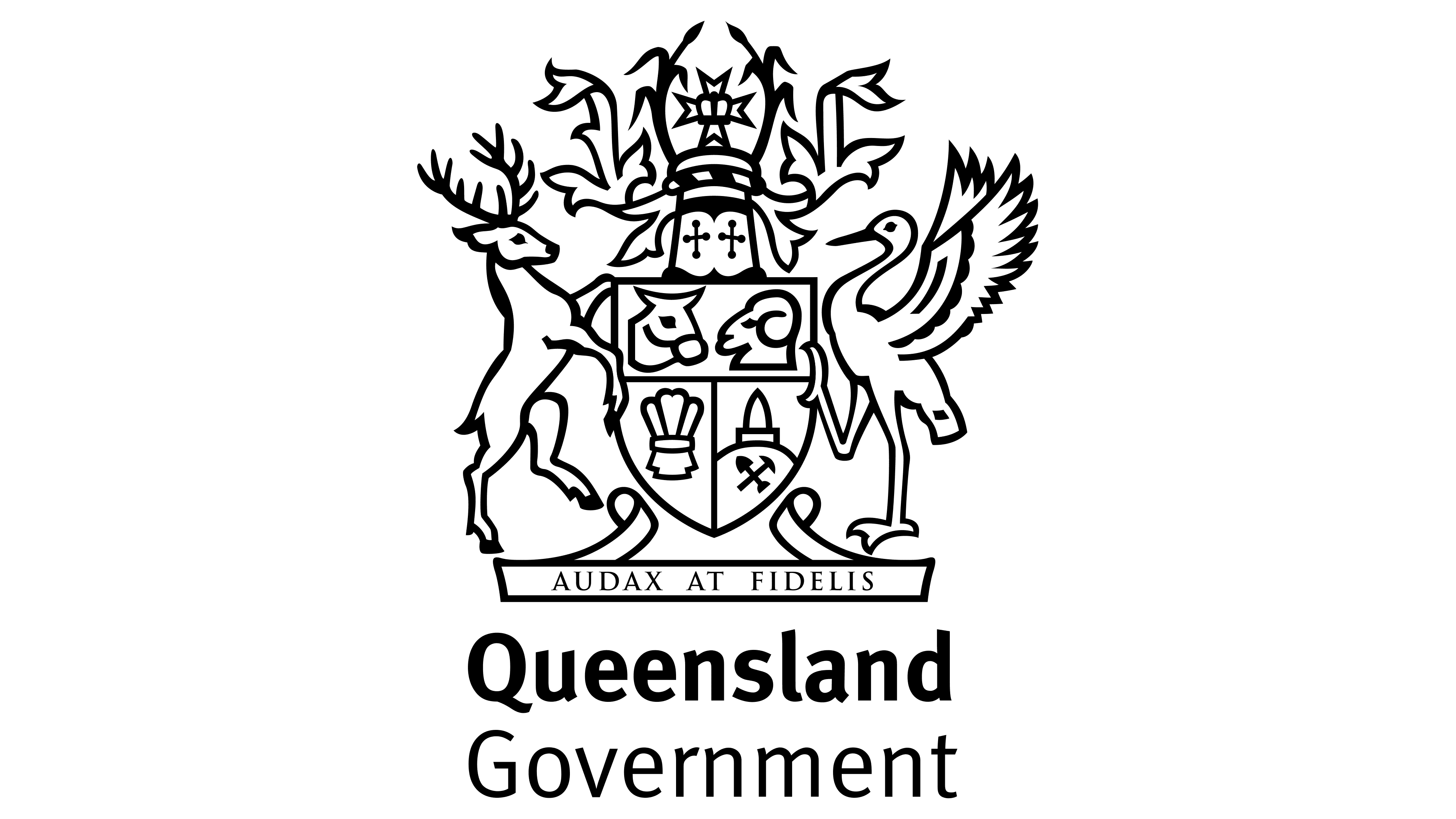




























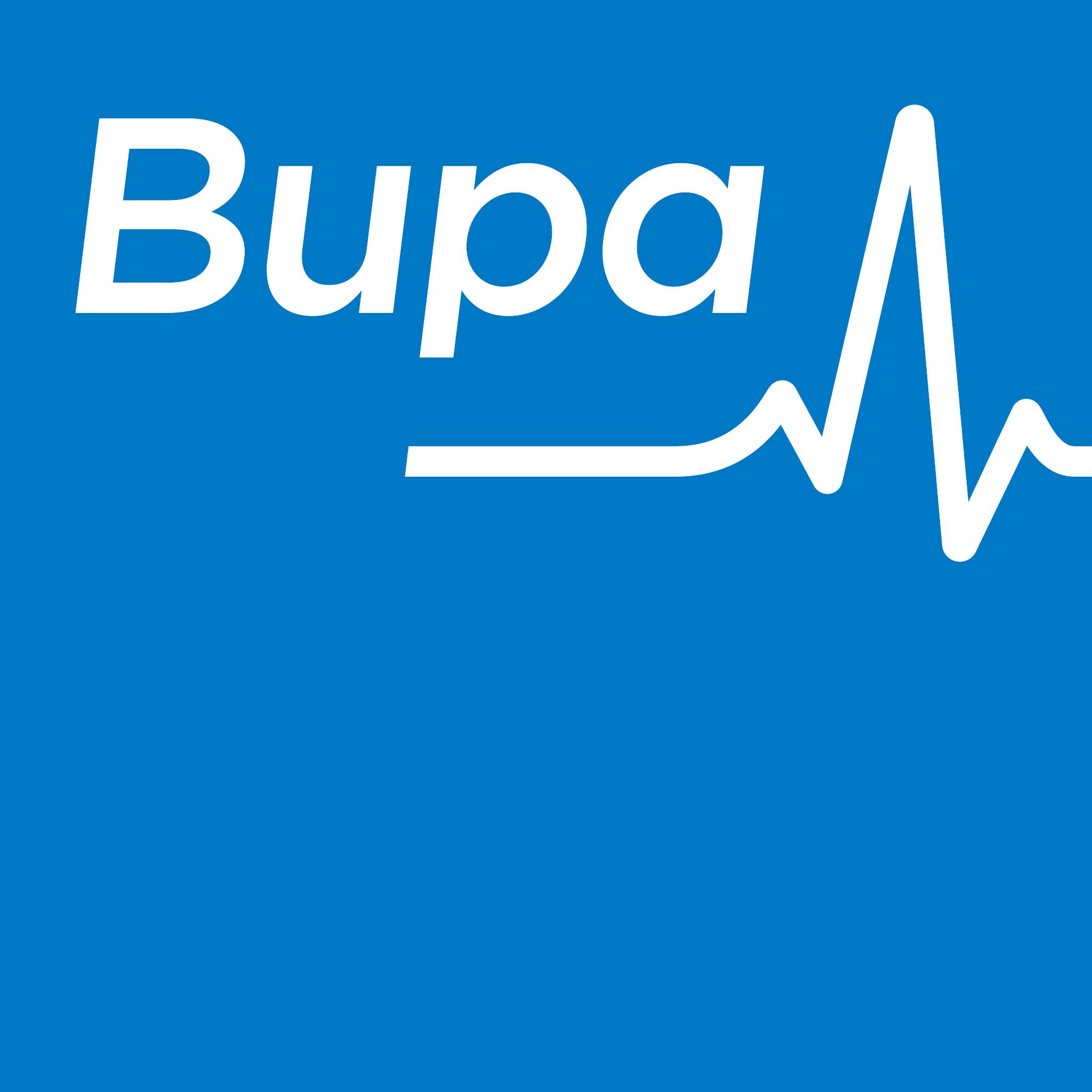
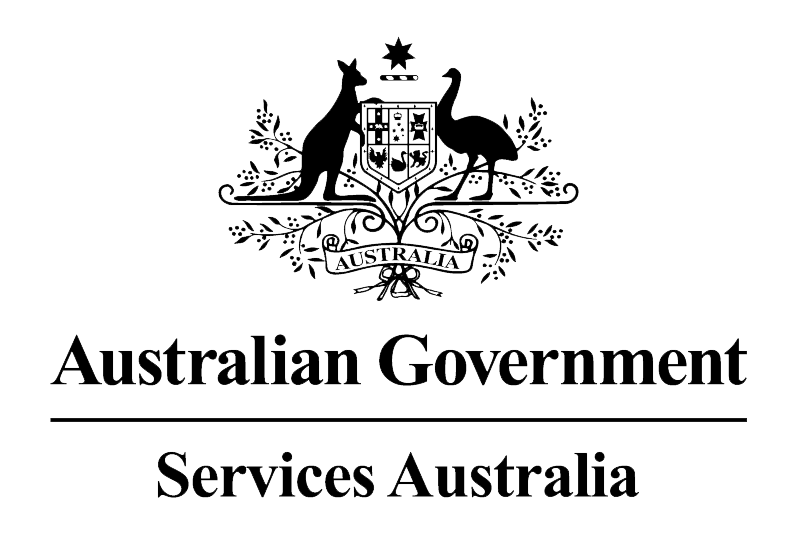






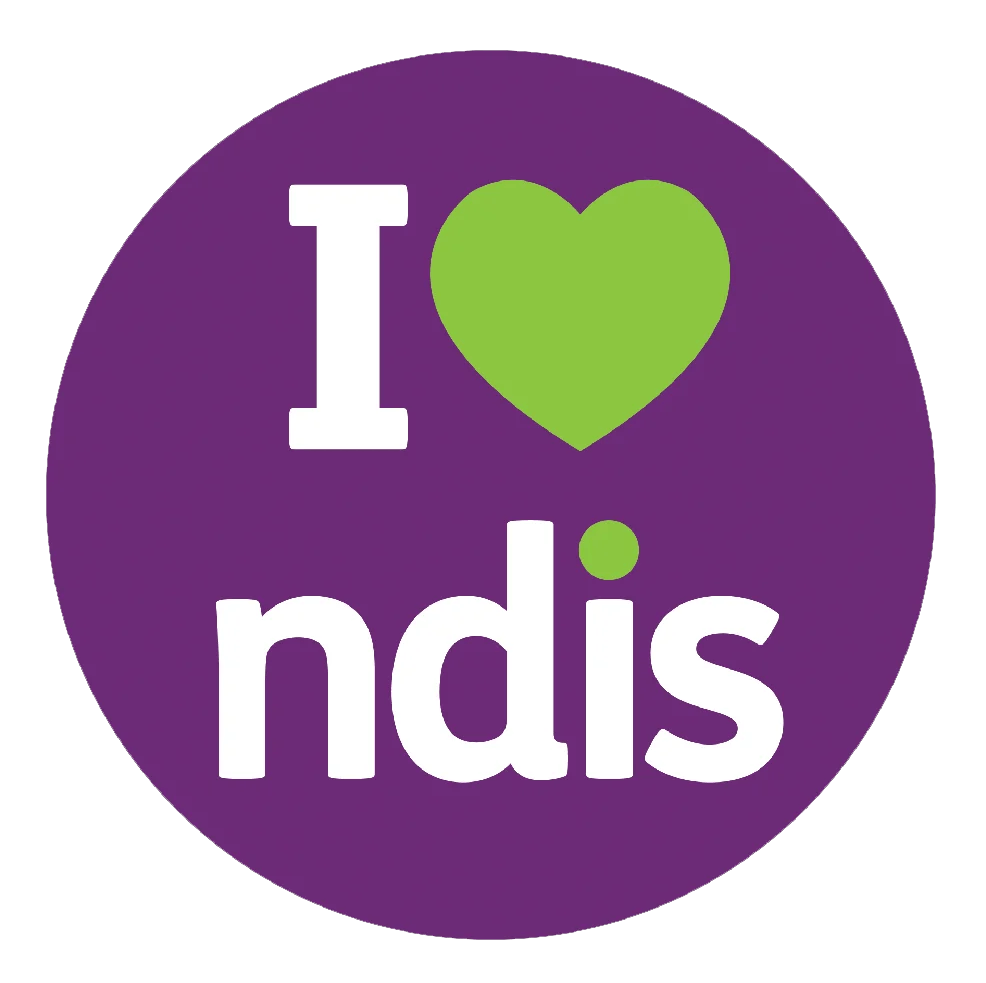





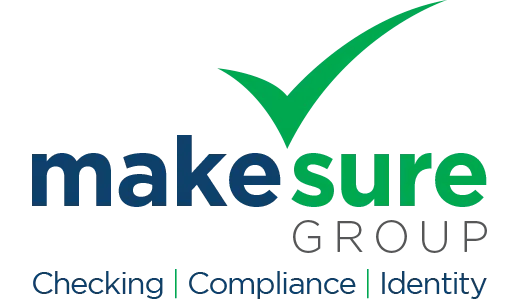





Copyright © 2025, IDCARE. All Rights Reserved.
ABN 84 164 038 966








